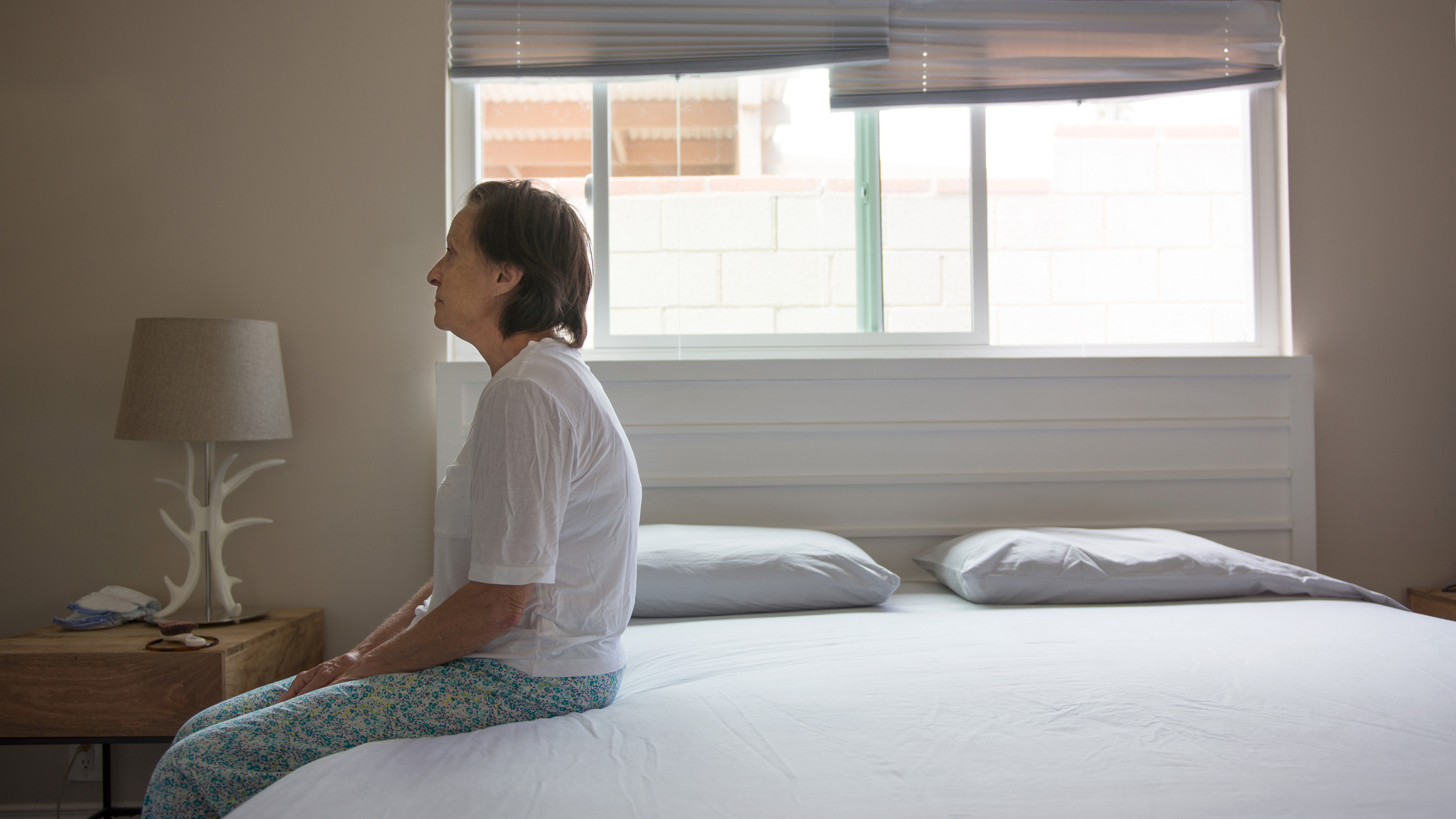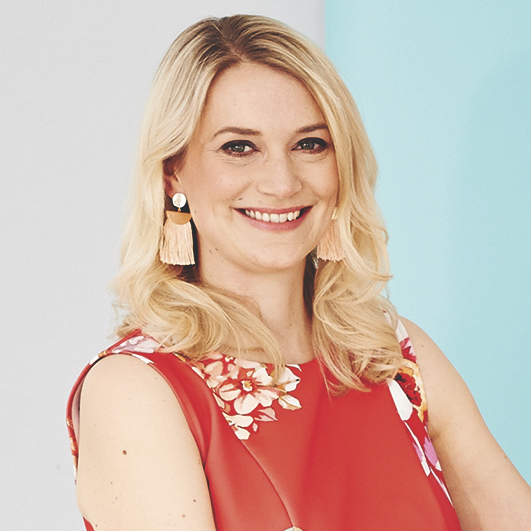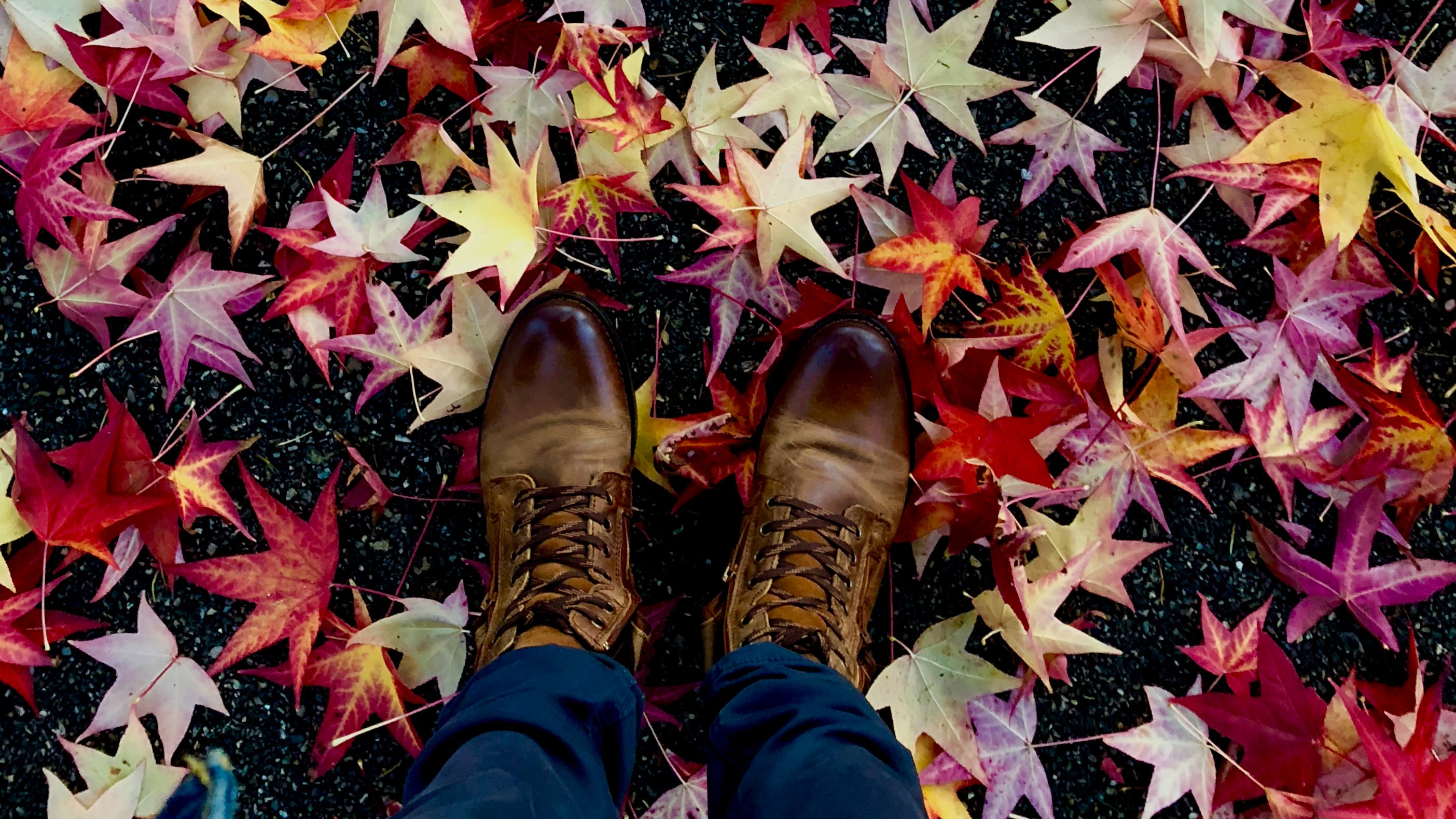Are you SAD? Seasonal Affective Disorder explained
If your good mood stops when winter starts each year, you could have seasonal affective disorder.


Dread winter? While it’s normal to feel affected by the changing seasons, if it’s seriously impacting your life, or your mood changes reoccur every year, then it could be seasonal affective disorder, also known as SAD.
‘This is a type of depression that’s related to changes in seasons, which tends to start in the fall then becomes worse during December, January and February,’ says Lloyds Pharmacy pharmacist Pareena Patel. The condition is estimated to affect around 10 million Americans every year. Sound familiar? Don’t worry. Here’s everything you need to know to understand it - and beat it…
- Vitamin D foods: top up your levels and lose weight with this diet plan
- The best fish oil supplements: everything you need to know
- Best menopause supplements to beat common symptoms
Seasonal affective disorder: Symptoms of SAD
‘As the days start getting noticeably shorter, some people and their mood becomes subdued,’ says Pareena. ‘But that’s not the only sign of SAD. You may find you don’t have as much energy or start to have problems sleeping. Bouts of anxiety, panic attacks, stress, poor appetite, overeating, weight gain, frequent colds and loss of sex drive are all symptoms too.’
Seasonal affective disorder: Who is at risk of SAD?
‘Over half of those who experience SAD will have a close family member with depression, suggesting a genetic or environmental link,’ says chartered psychologist Dr Meg Arroll. ‘Some studies have also reported the condition to be four times more prevalent in women.’
Where you live also plays a major role. This is because SAD is caused by the lack of daylight during winter months affecting serotonin levels, a chemical which helps relay messages between nerve cells. Due to this, SAD is most common in countries where there are large changes in the weather and daylight hours in the different seasons. ‘Those living farthest from the equator in northern latitudes have a higher susceptibility to SAD than their southern counterparts,’ explains Dr Arroll. Parent adds: ‘When spring arrives, most people find their symptoms disappear.’

Seasonal affective disorder: Does SAD return every year?
‘If you haven’t made any changes to your lifestyle, such as spending more time outdoors, it’s likely that SAD will reoccur,’ says Dr Arroll. ‘But research suggests that it’s less likely to occur in older people.’
Seasonal affective disorder: Do I have SAD or depression?
For a formal diagnosis, you’ll have to have symptoms for two consecutive years, so your GP can see if your depression is linked to the seasons. This means you’ll spend around 40% of the year feeling low, with a noticeable change when the weather improves again.
Get the Fit&Well Newsletter
Start your week with achievable workout ideas, health tips and wellbeing advice in your inbox.
‘If your symptoms have a pattern, then you may be experiencing SAD,’ says Dr Arroll. But any low mood is worth discussing with your doctor. ‘They can help make sure it’s not related to anything else, such as family tensions at Christmas,’ he explains. ‘But it’s not normal to feel severely depressed then, or during any part of the year.’
Seasonal affective disorder: Treating SAD with light therapy
Not getting enough sunlight? ‘Many people use light or phototherapy which mimics natural daylight,’ says Dr Arroll. ‘Some studies suggest that light therapy is beneficial in 85% of people with SAD.’ Consider investing in one of the best SAD lamps on the market - the warm and calming light they offer creates a UV-free ‘sunshine’ effect to boost your mood in around 30 minutes.
Seasonal affective disorder: Therapy for SAD
Psychotherapy, cognitive behavioural therapy (CBT) and counselling can be a good way to cope with symptoms.
‘CBT can improve mood, energy and motivation by allowing people to see how their thoughts and feelings influence their behaviour,’ says Dr Arroll. ‘Your GP may order antidepressants in some cases.’
These won’t ‘cure’ the condition, but can help with some of the symptoms. In general, antidepressants need to be initially taken for around two to six weeks before becoming effective.
5 expert tips for reducing SAD
1. Don’t pile pressure on
‘Taking on too much will make you feel run down, so don’t over-stretch yourself,’ says Mark Pinches, head of coaching at Westfield Health.
2. Eat well
‘Craving junk food is a common symptom of SAD, but maintaining a good diet is key to sustaining a strong immune system during the fall and winter months,’ says Mark.
Fill up on walnuts, bananas and fresh tomatoes as eating these foods help your body to produce feel-good chemicals.
3. Get enough rest
‘In the run up to Christmas you’re likely to be socialising more and sleeping less, but getting a good night’s sleep is the only way you can properly recharge your batteries,’ says Mark.
4. Try a supplement
Low levels of vitamin D (AKA the ‘sunshine vitamin’) have been associated with SAD. ‘If you’ve had SAD in the past, it would be worth taking a supplement,’ says Dr Arroll. Try Super Strength Vitamin D3 tablets (healthspan.co.uk).
5. Get outside
Due to the powerful effect of direct sunlight, walking outdoors for 30 minutes daily is a great way to reduce your risk.
Currently Wellbeing Editor across several women's titles including Woman&Home, Woman and Woman's Own, Faye has worked in the magazine industry for over 15 years. She has previously interviewed celebrities for the Fit&Well brand. Having previously been the go-to sex columnist for Now magazine, there isn't much she won't discuss when it comes to women's health - which is important, as Faye's a firm believer that feeling good on the outside starts from within.
Faye’s fitness routine is more focussed on finding inner balance rather than burning excess calories – think mindfulness, power breathing, yoga and plenty of walking in nearby woodlands rather than a sweaty HIIT class. Having been vegetarian for almost two decades, Faye’s also passionate about eating well. She currently swears by her daily mix of probiotics, vitamin D and B12 to help boost energy instead of sugary treats.
Out of the office, Faye loves to binge-watch Netflix documentaries, plan cruise holidays and talk incessantly to anyone who will listen about how much cats rule. And you'd be surprised how long that can last!
-
 I do these two things every day to stay fit and healthy, says the newest star trainer on Chris Hemsworth's fitness app
I do these two things every day to stay fit and healthy, says the newest star trainer on Chris Hemsworth's fitness appHere's how Centr's Korey Rowe trains for longevity
By Sam Rider Published
-
 I thought sports weren't for me, until I realised they're a game-changer for ticking off cardio
I thought sports weren't for me, until I realised they're a game-changer for ticking off cardioI swapped HIIT and running for tennis—and I've never felt better
By Alice Porter Published